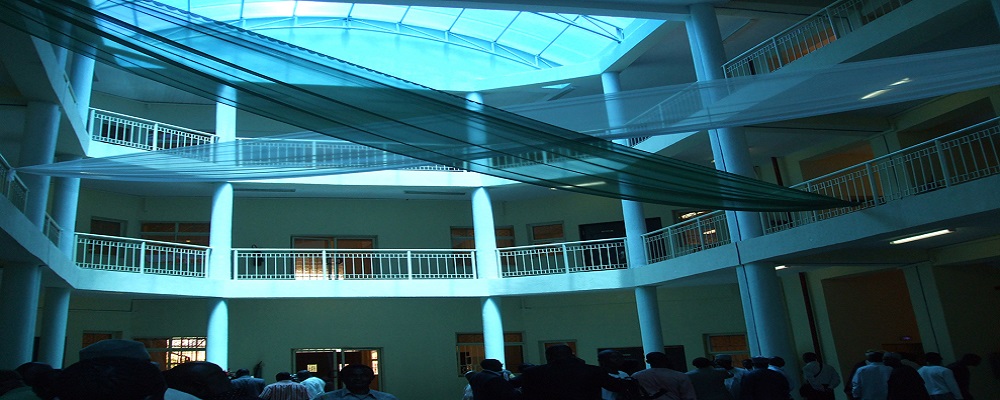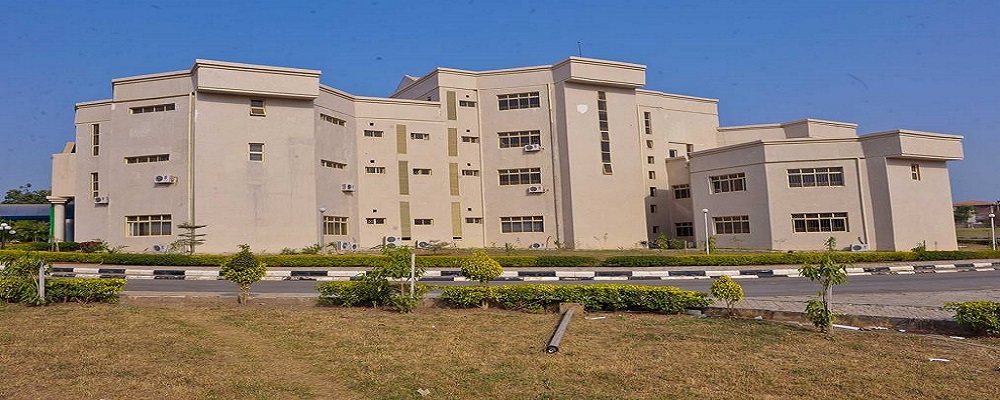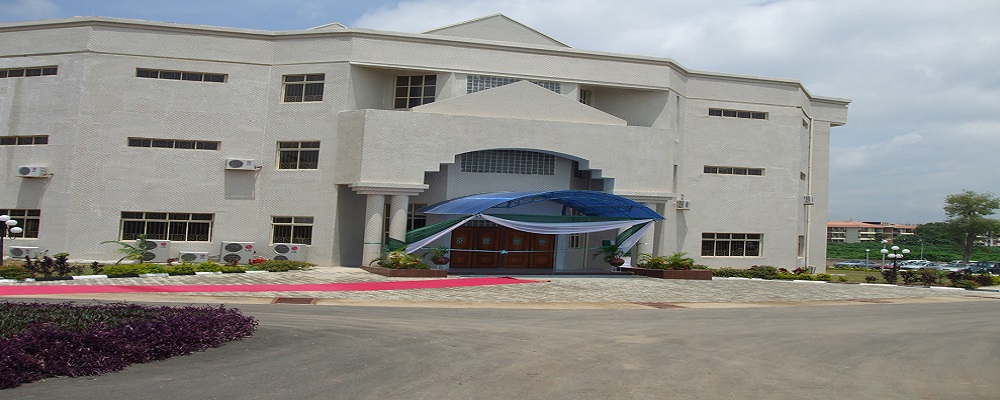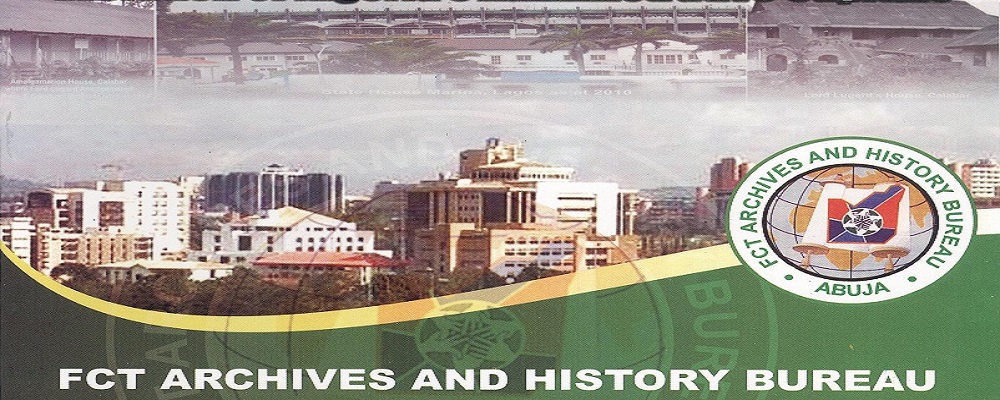“Archives Citizenship and Interculturalism”
Every 9th of June is set aside to commemorate the creation of International Council of Archives since 1948.
In Nigeria the FCT Archives and Bureau marked the day in a well elaborate occasion that attracted dignitaries from all works of life such as Government functionaries, Traditional rules, Diplomatic corps, academic community, bureaucratic among others to the FCT Archives House.
The 2017 theme was “Archives, Citizenship and Interculturalism” but the Bureau celebrated in a special way by organizing a symposium and exhibition.
SYMPOSIUM
The lead paper at the symposium was presented by professor Shyllon (formerly of Ibadan) titled ‘Archives, the citizen and National Development. The paper on the role of Archives in Governance and National Development, the role of UNESCO in promoting and protecting world heritage as well as the best practices in management of Archives.The second paper titled ‘Archives and Record keeping-the memory of the Nation’ was delivered by Alh. A.O. Umar, Director National Archives of Nigeria who gave an insider’s view of historical development in Nigeria, functions of National Archives of Nigeria, its Archival holdings and challenges of Archives institutions in Nigeria. The author equally remind the audience on the significance of Archives as a memory of the nation.
The third presentation by Dr. Abiye Ichaba of Kogi state university titled ‘promoting National Integration through interculturalism in the Federal Capital Territory, Abuja. The paper identified challenges in the evolution of Nigeria and the FCT as a united and progressive society. The author offered solutions towards enhancing interculturalism in the FCT through wide ranging recommendations.
THE EXHIBITION
The second segment of the occasion was followed by the exhibition titled ‘Abuja: The Hub’. This is a reflection of 2017 International Council on Archives theme: ‘Archives, Citizenship and Interculturalism. The exhibition, in pictorial and electronic form is a conscious attempt to showcase the creation of Abuja as a capital city and some developmental strides which made Abuja as one of the fastest growing cities and centre point of integration, unity and interculturalism.The array of photographs and materials displayed gave the viewers the opportunity to go down memory lane on pre-independence, administrative capital cities and towns, Lagos as the longest serving capital of Nigeria and its drawbacks which necessitated the search for a new location that would be a symbol of Nigeria’s aspirations for unity and greatness.









